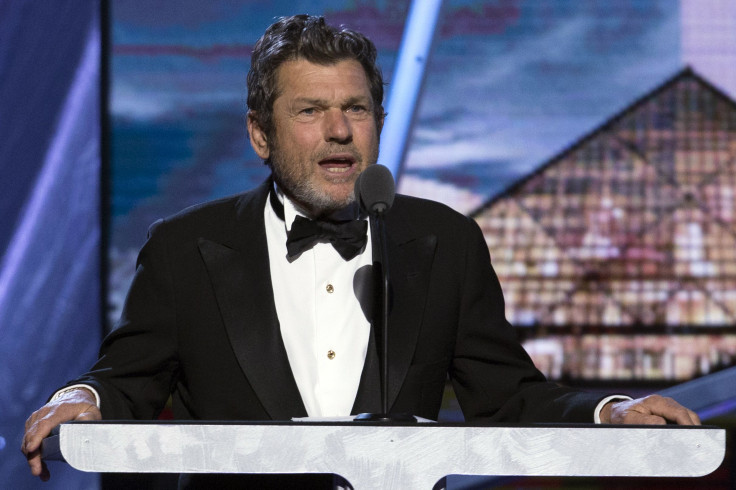Rolling Stone Rebuked By Independent Review Of Campus Rape Story

(Reuters) - Rolling Stone magazine failed to follow basic journalistic safeguards in publishing a story about an alleged gang rape at a University of Virginia fraternity house, according to an outside review of the matter released on Sunday.
The discredited story was intended to call attention to the issue of sexual violence on college campuses, but it might have had the opposite effect by reinforcing the notion that rape allegations are often fictitious, a team from the Columbia University Graduate School of Journalism concluded in its critique.
"Rolling Stone's repudiation of the main narrative in 'A Rape on Campus' is a story of journalistic failure that was avoidable," the Columbia Journalism Review said in its report, which was conducted at the magazine's request and published on its website. "The failure encompassed reporting, editing, editorial supervision and fact-checking."
Led by Steve Coll, the dean of the Columbia Journalism School, the review examined the editorial process behind the explosive story, which failed to hold up under a barrage of questions raised by other media after its publication in November.
The article, written by Sabrina Rubin Erdely, gave a detailed account of an alleged 2012 gang rape that a woman identified as "Jackie" said had endured at the Phi Kappa Psi fraternity house as a first-year student, and accused the university of tolerating a culture that ignored sexual violence against women.
But in December, Rolling Stone apologized for "discrepancies" in the account and admitted that it never sought comment from seven men accused of the alleged rape.
A spokesman for Phi Kappa Psi, the fraternity named in the story, could not be reached immediately for comment.
In an editor's note printed at the top of the CJR report, Rolling Stone Managing Editor Will Dana said the magazine was officially retracting the article and apologized "to all of those who were damaged by our story and the ensuing fallout."
It is important that rape victims feel comfortable stepping forward, Dana said, "and it saddens us to think that their willingness to do so might be diminished by our failings."
The CJR previously cited the rape article at the top of its list of "The Worst Journalism of 2014," faulting Erdely for failing to check Jackie's account against other sources, including her alleged attackers and three friends who were depicted as unsympathetic to her.
The analysis said the errors in the story stemmed from the failure of several experienced editors to recognize problems with the reporting of the piece.
The reporter and her editors said the story went off the tracks mostly because they were too accommodating to the alleged victim, believing her to be a rape survivor, according to the CJR.
But the report said their conclusion was not entirely correct because other mistakes were made throughout the editorial process that, if avoided, may have sent up red flags.
Journalists are right to be sensitive to the feelings of rape victims, the report said, but they need to balance that instinct with rigorous verification, which it said was in the best interest of the survivor.
"The story's blowup comes as another shock to journalism's credibility amid head-swiveling change in the media industry," the report said, adding that the incident highlights the need for newsrooms to reaffirm the best journalistic practices.
In particular, the report recommends stronger newsroom policies on the use of pseudonyms, on checking information that casts people in a negative light, and on sharing specific details about a report to allow clearer rebuttals.
Virginia Attorney General Mark Herring also used the occasion to castigate the magazine, saying its failures have "injected doubt at a moment when we are finally building national momentum around efforts to end campus sexual violence."
The debacle was a black mark for the magazine, founded in 1967 and best known for its pop music coverage. The publication also was a pioneer in the "New Journalism" of the 1960s and '70s, an approach characterized by a reporter's immersion in the subject matter.
Rolling Stone did not say whether it would take any disciplinary action over the debacle, but CNN earlier reported that the magazine would not dismiss anyone, citing unnamed sources.
Charlottesville police said last month they had found no evidence to back up the story, citing numerous inconsistencies. Jackie declined to give police a statement or answer their questions.
© Copyright IBTimes 2024. All rights reserved.





















